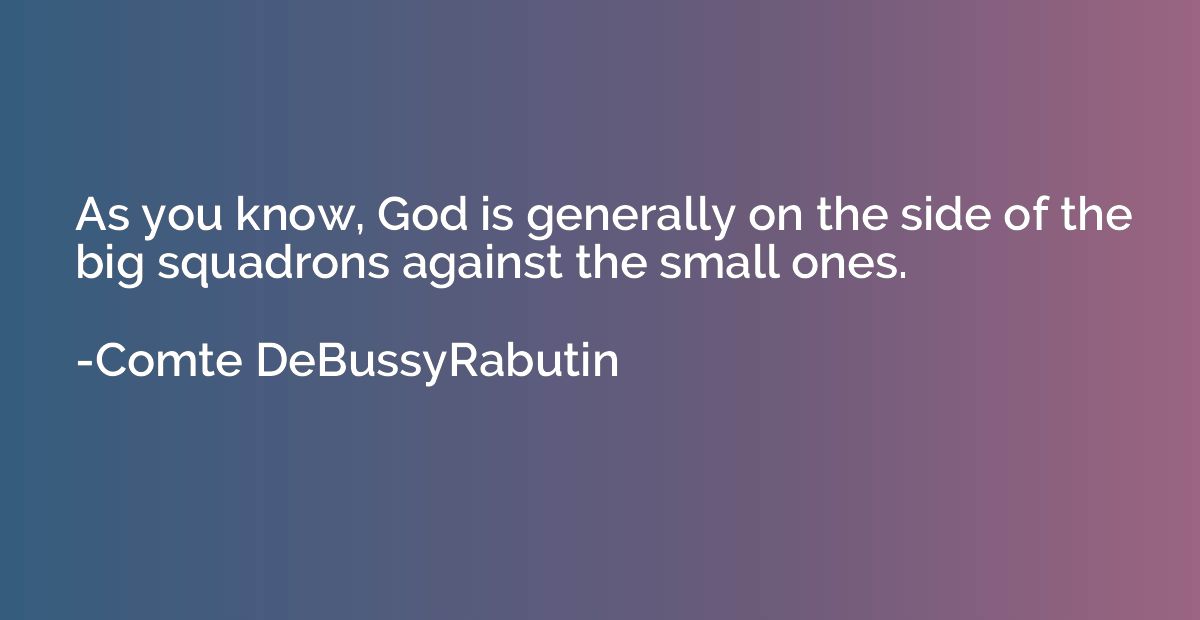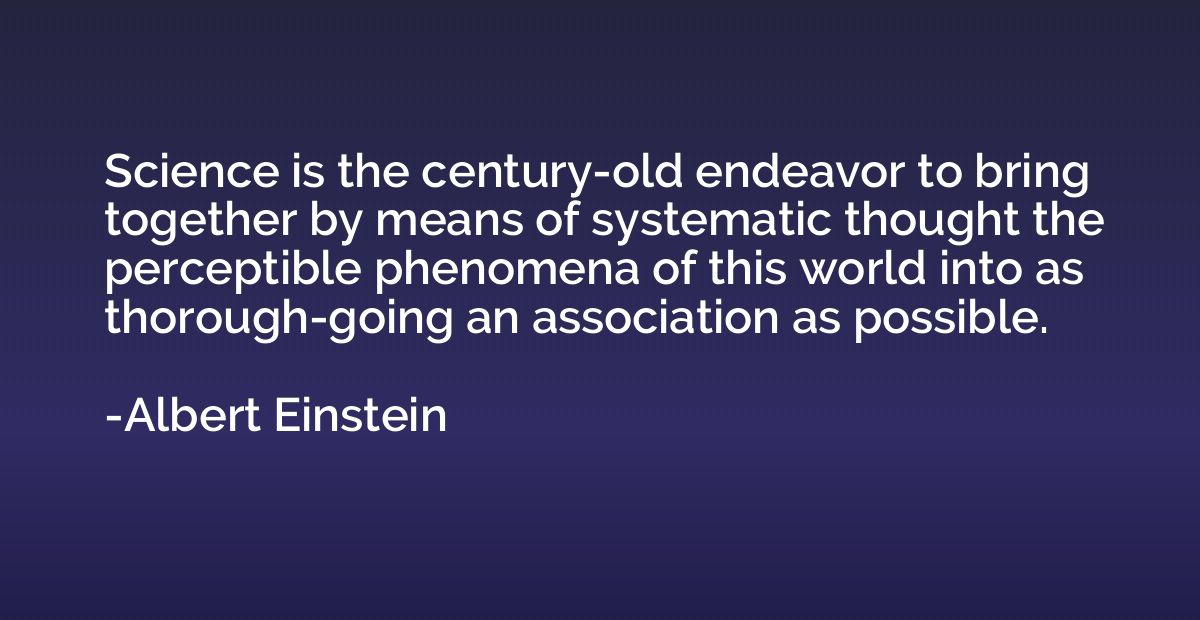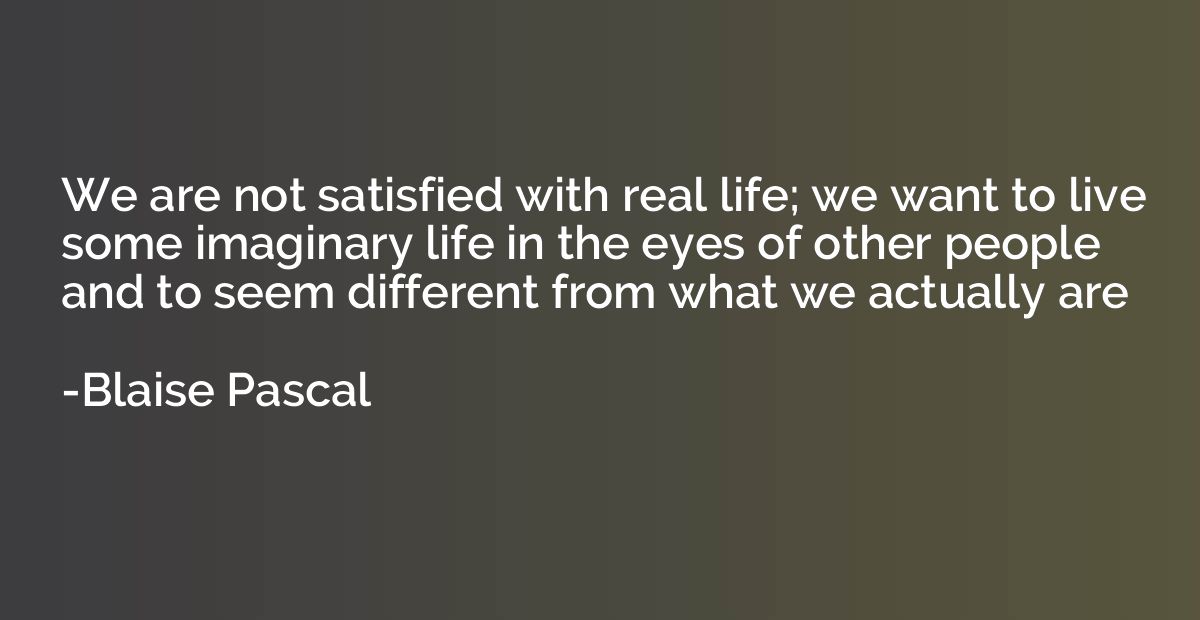Quote by Comte DeBussyRabutin
As you know, God is generally on the side of the big squadrons against the small ones.

Summary
This quote suggests that in conflicts or battles, it seems that God tends to favor the larger groups or armies over the smaller ones. It implies that, for some reason, the larger squadrons or forces have a higher chance of prevailing or receiving divine assistance. It highlights the perceived imbalance of power and suggests that, from a spiritual or supernatural perspective, victory may be more likely for those with greater numbers or resources at their disposal.














